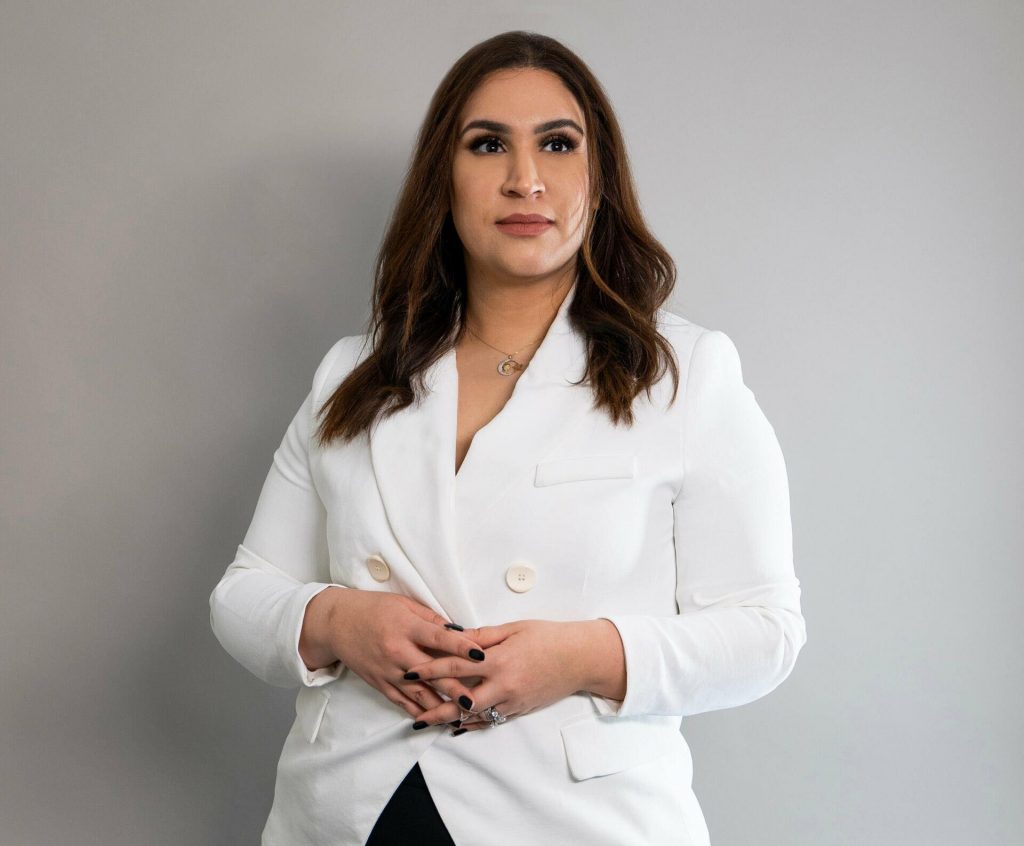By Ms. Shervin Najafpour, Chairwoman of the cultural bridge building organization CAN.
Setting out at 7pm we went through the forest, heading for Agdam … walking barefoot … eating snow. My husband had frostbitten fingers and I had frostbitten feet. Many died in the forest. One of my sons was killed. Another son was taken hostage. He was shown once on television, but has never been seen since then…. Khojaly Genocide witness Humay Abbasova
On February 26, 2024, the Azerbaijani people will be marking the 32th anniversary of the Khojaly Genocide, which the UN, the Council of Europe and the OSCE has condemn and recognized the Armenian side as criminals against humanity. The leaders of these organizations have appealed, through the media, their expression of condolences to the victims’ families…
The stories of the first Karabakh war are still unknown to the world public, as Azerbaijanis continues to seek global attention and justice to the innocent civilians killed in Khojaly and the Karabakh region. On the contrary, stories of the falsely claimed “humanitarian crisis” and the “blockade” by the Armenians managed to gain massive international attention, leading to a clear example of double standard against Azerbaijan by the international community, specifically the by the western media.
When the Republic of Azerbaijan fully restored its territorial integrity and sovereignty in 2020, suddenly the world had forgotten about one of the most horrific pages of modern-day history, the unheard voices of the one million internally displaced Azerbaijanis who had been exposed to ethnic cleansing 30 years ago. The stories that visited our homes and became part of the daily discussion either among friends or at work here in the west were the opposite of the truth. The headlines circulating was “Armenians are victims of ethnic cleansing.”, “Forced migration – Ethnic Armenians fleeing Nagorno-Karabakh” etc. Regardless of the fact that several factual errors were exposed on a daily basis, the western media narrative was and still is influenced by biased approaches as the stories were sympathizing with the once occupiers, leaving crucial historical facts unmentioned in the coverage.

While Azerbaijan is pursuing the process of rehabilitation and revival of the liberated territories on its own, relying solely on its own efforts and resources, there is a clear silence from the international community and western traditional media outlets we cannot avoid. The efforts, accomplishments and the challenges, as well as the stories of the internally displaced persons gradually returning safely back to their homes after 30 years are left unmentioned.
After the liberation of Karabakh, Azerbaijan made sure that all of the needs of the Armenians who lived in the Karabakh Economic Region were met and they even offered an open road between the district of Aghdam and Khankendi. Still, Armenia managed to deliberately manipulate the media narrative, as well as international public opinion with their falsely claimed “humanitarian crisis” and “blockade” in 2023. Even though it was proven that all of these claims were based on pure political manipulation, none of the international media outlets apologized for spreading fake news based on bias sources, making them none reliable sources. Unfortunately, the media failed at taking responsibility for their actions, allowing the rise of xenophobia against Azerbaijan and Azerbaijanis to spread dramatically.
In 2023 we witnessed specifically how the double standard of the western media condemned Azerbaijan for causing a humanitarian crisis, while Armenians were living a life of luxury in Karabakh and wanting to continue their illegal activities in the territories of Azerbaijan by smuggling weapons in order to start another full-scale war in the region. Even the coverage of Azerbaijan who is a crucial and reliable energy partner providing Europe with gas, during challenging times were faced with unfair journalism.
As we have entered 2024 aware of the fact that fake news and misinformation is spreading faster than the true stories, why don’t we seem to be fact checking and just jumping into conclusions?
Studies shows that the behavior of the average media consumer has changed, they seek information from social media influencers, rather than the traditional media outlets, yet the more active media consumers have the capacity for skepticism, judgement, free thinking, questioning, and understanding.
An eye-catching headline and some visuals are all it takes to draw the attention. We don’t seem to bother reading the whole article, nor ask ourselves if the source is reliable or not. This behavior is caused by the fact that the average readers rarely criticize Western media for acting biased, and this leads to the challenges to distinguishing between what the real stories and fake stories are.
Knowing that every story has two sides, often times we only get an insight into the one side, leaving the other sides voice completely unheard. The voices from Azerbaijan are deliberately being oppressed by the international media. How come? I wish I did have the answer…
The witnesses of the Karabakh war and the Khojaly Genocide survivors are still alive, and before their stories fade into the text books, why don’t we give them an international platform to allow their stories to be told and heard, as they are living proof of history. Today we have a unique chance of hearing with their very own words how the war effected their lives, and how they kept their hopes for 30 years, now living the joy of being able to return to their homes.






